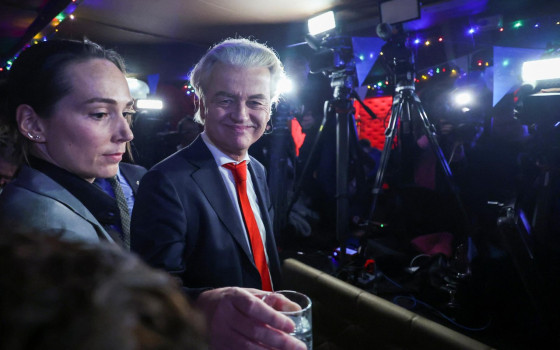
Known for his anti-Islam stances, far-right politician Geert Wilders has been appointed Vice-President of the Dutch House of Representatives.

- Europe and Arabs
- Friday , 21 November 2025 7:58 AM GMT
The Hague: Europe and the Arabs
Geert Wilders, leader of the Dutch Freedom Party, has become the second deputy speaker of the Dutch House of Representatives. In the absence of Speaker Tom van Kampen, the first deputy speaker, Wijke Paulusma (Democrat 66), will preside over the session. However, if she is also unable to attend, Wilders will preside over the plenary session.
On the website "X," Wilders wrote that "someone must ensure that the leadership is reduced in size and focused primarily—preferably exclusively—on matters such as coffee and toilet paper." According to the Dutch news agency ANP, as reported by local newspapers including Volkskrant, Wilders' party colleague, Martin Busma, was forced to relinquish his position as Speaker of the House of Representatives to Van Kampen earlier this week. Busma lost to the People's Party for Freedom and Democracy (VVD) member after three rounds of voting. Wilders had also served as Deputy Speaker during Gerdi Verbett's tenure as Speaker (2006-2012). In addition to Wilders and Busma, MPs Marjolein Moorman (Green Party-Labour), Harman Krol (Christian Democrats), Joost Erdmans (JA21), and Ingrid Michoon-Dercksen (VVD) joined the House's executive committee. Moroccan journalist Noureddine El Omrani, based in the Netherlands, stated in a written interview with the website "Europe and the Arabs," "The Islamophobic extremist Geert Wilders has been appointed as the second Deputy Speaker of the House of Representatives, a position that will allow him to effectively preside over the House." The sessions will be held in the absence of the Speaker of the House of Representatives. The selection of Geert Wilders is perplexing due to his extreme positions towards more than two million Muslims and foreigners of various nationalities in Dutch society, as parties usually put forward a less prominent member. The strange thing about such an appointment is that the party leader is the one who will chair the parliamentary sessions, and since Geert Wilders is certainly not the leader of the parliamentary bloc. Given that Wilders is second in line to replace him, he is expected to regularly preside over the discussions. Meanwhile, consultations to form a new government in the country will resume today, Friday, with discussions focusing on defense. According to Dutch media, mediator Sybrand Boma will meet again today with Henri Pontenpaal (Christian Democrats) and Rob Geiten (Democrats 66), along with their deputies. Defense and security will be on the agenda. A representative from NATO will also be present. Both parties committed to NATO's 3.5% target in their election platforms and both also want to maintain their support for Kyiv.
The leaders of the two parties, who will jointly develop a coalition government plan in the coming weeks, discussed nitrogen, agriculture, and the environment. Geiten, leader of Democrats 66, acknowledged this morning that there had been previous disagreements between the two parties on these issues. Both parties are seeking a significant reduction in nitrogen emissions to resume issuing permits. Boma said after yesterday's meeting, "This is evidence of a long stalemate and the need for decisive action." No concrete agreements have been reached yet; it is still too early to tell.
The withdrawal of Geert Wilders' Freedom Party from the governing coalition, due to his demands regarding asylum and immigration plans, led to the government's collapse and a return to the polls.
According to media reports, Wilders was born on September 6, 1963, and began his political career in the People's Party for Freedom and Democracy (VVD), where he worked as a political assistant and held organizational positions within parliament.
In 1997, he was elected to the Utrecht city council and then entered the House of Representatives the following year, before breaking away in 2004 due to his opposition to Turkey's accession to the European Union and founding his populist party, the Party for Freedom.
Wilders is known for his anti-immigrant rhetoric, particularly against Muslims. He believes that Islam is incompatible with Western values and has described the Quran as a "fascist book" that should be banned.
In 2008, he produced a controversial film titled "Fitna," in which he attempted to draw parallels between Quranic verses and acts of terrorism. Violence sparked a wave of global condemnation.
Although an atheist, he presents himself as a defender of the "Judeo-Christian identity of Europe."
Wilders lived in Israel for a time and makes no secret of his admiration for the country, calling for the relocation of the Dutch embassy to Jerusalem and stating that "the fall of Jerusalem to Muslims would mean the fall of the West."
Wilders has faced several trials on charges of inciting hatred, particularly after his statements against Muslims and Moroccans. Despite his acquittal in 2011, he has used these cases to cultivate an image as a "victim of political oppression," gaining him increasing support from a segment of the Dutch population resentful of multiculturalism and immigration.
Later, he expanded his alliances with far-right movements in Europe and collaborated with Marine Le Pen, leader of the French National Front, to form a nationalist bloc within the European Parliament.
Wilders is considered the embodiment of populism in Europe, a politician who has built his influence on fear of the "other" and exploited cultural tensions to his advantage, relying on a narrative of "defending Western values" against what he perceives as an existential threat. Its name is Islam.



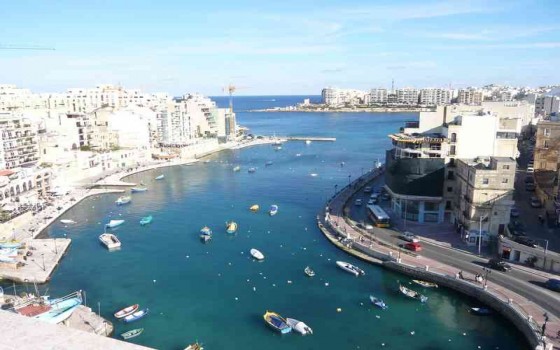



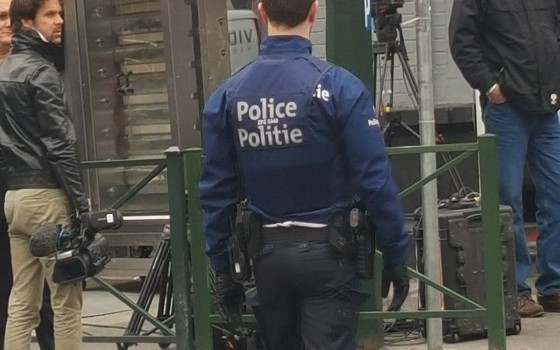
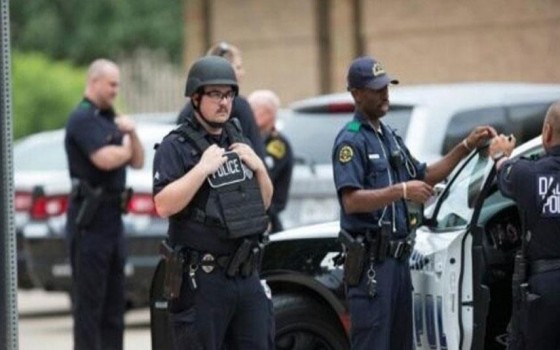
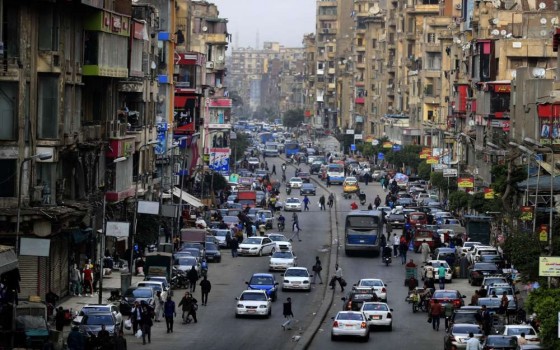
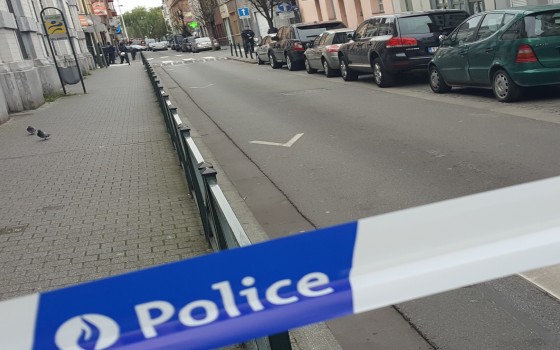

No Comments Found